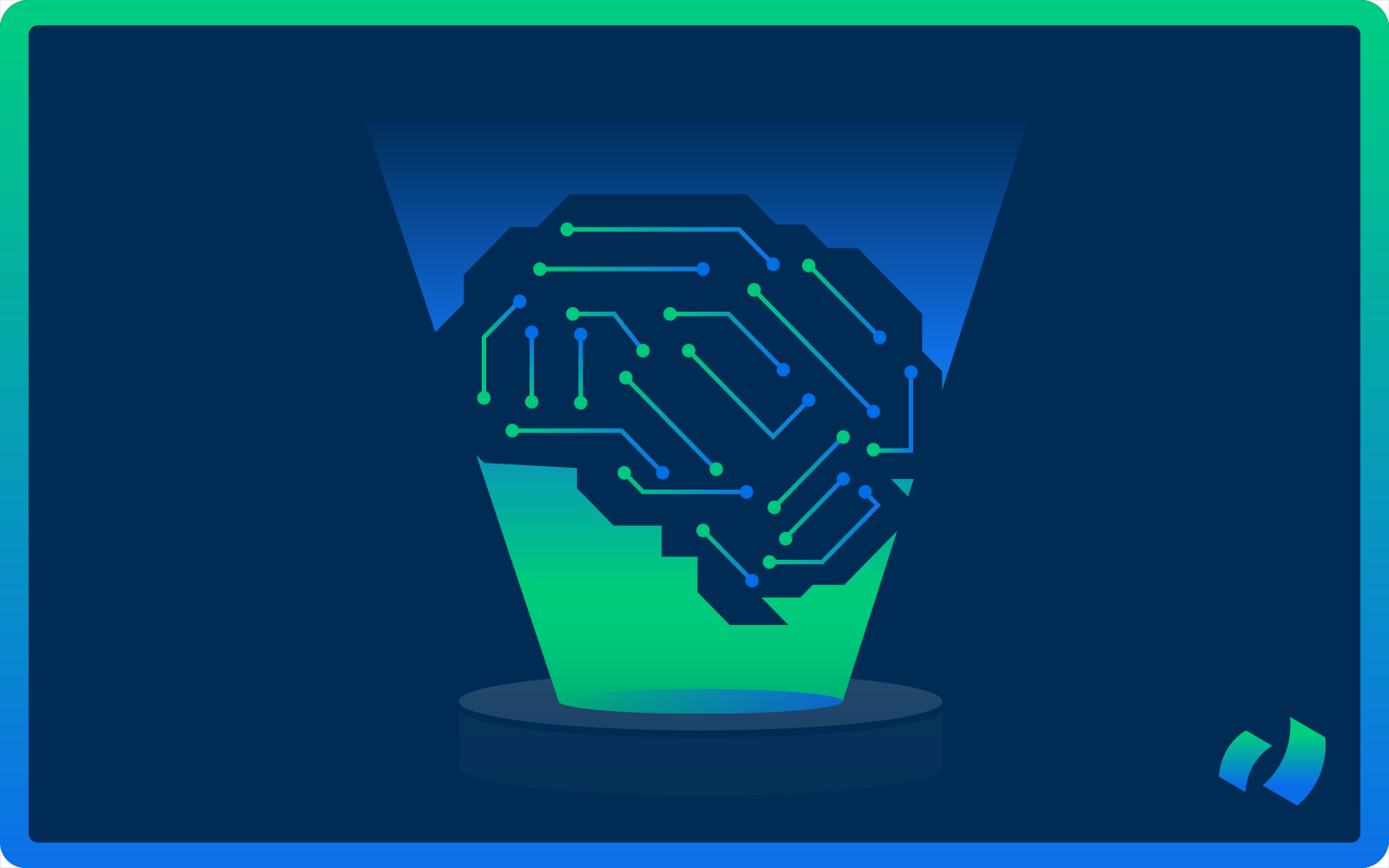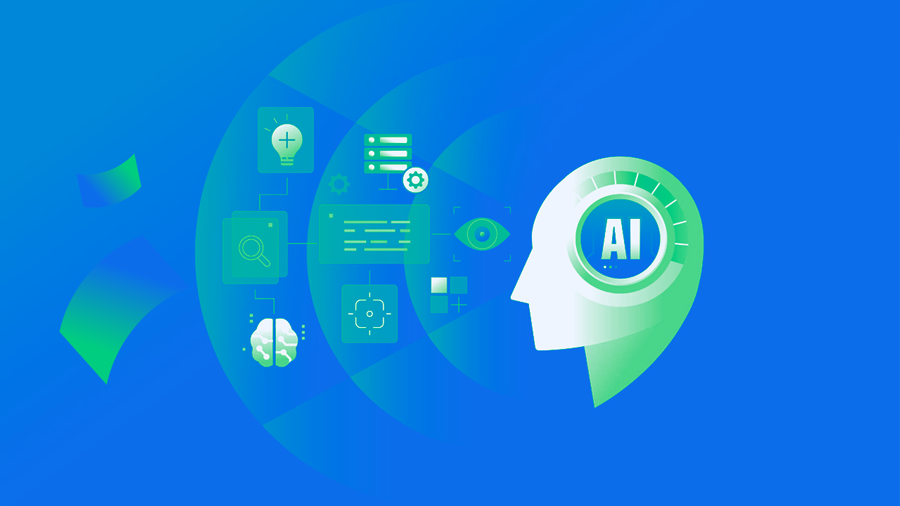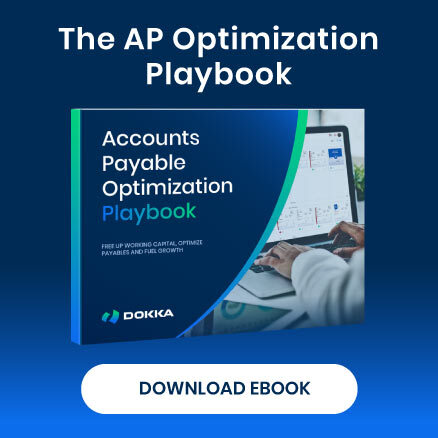If you’ve read our article on continuous accounting, you likely already have a sense of what’s coming in this story.
A new paradigm is beginning to redefine what machines can do—not merely as tools, but as independent actors.
Agentic AI marks a new frontier poised to revolutionize industries across the board, with financial services taking a leading role. As financial institutions face growing complexity, rising regulatory demands, and the need for real-time decision-making, agentic AI introduces a powerful model for autonomous, goal-driven solutions that can execute entire workflows with minimal human intervention.
In today’s article, we’ll explore the foundational concepts of agentic AI, how it differs from traditional automation and machine learning, and why it represents the next leap forward in financial automation.
![]()
What Is Agentic AI?
Agentic AI refers to artificial intelligence systems that act as autonomous agents.
Unlike other AI models that require prompts or predefined inputs, agentic systems are goal-directed, adaptive, and capable of initiating actions within an environment to achieve specific objectives. They possess a sense of agency—the ability to make decisions, execute plans, and learn from outcomes in dynamic contexts.
Agentic AI combines several key capabilities:
- Autonomy: Operating without constant human oversight.
- Planning: Sequencing tasks and making decisions to fulfill objectives.
- Learning: Improving performance over time based on feedback and outcomes.
- Interaction: Communicating with users, systems, and other agents.
- Memory and context awareness: Retaining information across sessions to refine long-term strategies.
In contrast to the current generation of AI models (such as large language models), which typically wait for human prompts, agentic systems can act independently—integrating information, identifying opportunities or risks, and taking initiative.
![]()
Why the Financial Sector Needs Agentic AI?
The finance industry has long led digital transformation, embracing algorithmic trading, robo-advisors, fraud detection, and natural language processing for regulatory compliance. Yet many of these solutions remain reactive, siloed, and constrained by rigid rules.
As financial systems grow more complex, interconnected, and fast-paced, the need increases for AI that can:
- Handle multistep workflows across departments and platforms.
- Adapt to evolving regulations and market conditions.
- Respond in real time to risks and opportunities.
- Coordinate data and decisions across diverse financial products and services.
Agentic AI offers a holistic approach to managing these demands, replacing brittle scripts with cognitive-like adaptability and sustained autonomy.
![]()
![]()
7 Use Cases of Agentic AI in Finance and Accounting
Agentic AI is already being applied across multiple domains within finance and accounting, revolutionizing how tasks are performed and decisions are made. Through the automation of complex processes and delivery of advanced insights, it enables businesses to operate more efficiently.
Below are some of the key use cases where Agentic AI is making a significant impact.
![]()
1) Automated Financial Analysis and Reporting
Preparing financial reports has traditionally been a labor-intensive process requiring substantial time and resources.
Agentic AI can autonomously gather data from disparate systems, reconcile inconsistencies, and generate reports aligned with both regulatory and organizational standards.
- Example: An agent could monitor financial transactions in real time, categorize expenses according to accounting standards (e.g., GAAP or IFRS), and alert stakeholders to anomalies. It can also draft monthly financial statements and tailor executive summaries to suit the intended audience.
![]()
2) Fraud Detection and Risk Management
Fraudulent activities often involve subtle and evolving patterns designed to avoid detection. Agentic AI agents are capable of learning to recognize these patterns and adapt as new fraud tactics emerge.
- Example: An AI agent can continuously analyze credit card transaction streams, identify anomalies, flag high-risk transactions, and take immediate action—such as freezing an account or notifying compliance officers—without human intervention. It can also cross-reference external sources to assess counterparty risk.
![]()
3) Investment and Portfolio Management
The efficiency of portfolio management can be greatly enhanced with Agentic AI, which automates research, simulates investment strategies, and makes real-time decisions based on live market data.
These agents evaluate economic indicators, earnings reports, geopolitical developments, and even social media sentiment to inform investment actions.
- Example: Robo-advisors—an early implementation of this concept—already manage billions in assets. With agentic capabilities, such systems could autonomously adjust allocations, hedge risks, and execute active trading strategies tailored to client risk profiles.
![]()
4) Tax Planning and Compliance
Tax laws are complex and frequently updated. Agentic AI systems can stay abreast of regulatory changes, interpret them contextually, and apply them to corporate structures.
They analyze historical tax data, optimize deductions, and proactively recommend compliant strategies to minimize liabilities.
- Example: AI agents can autonomously prepare tax filings, flag potential audit triggers, and simulate the financial impact of various decisions (e.g., acquisitions, asset sales) across different tax jurisdictions.
![]()
5) Budgeting and Forecasting
Budgeting is often approached as an annual, resource-intensive activity. Agentic AI supports continuous budgeting, where forecasts are dynamically updated using real-time data.
- Example: AI agents can integrate sales data, supply chain metrics, HR data, and macroeconomic indicators to produce highly accurate forecasts. They can also simulate multiple scenarios—such as interest rate changes or inflation spikes—and revise forecasts accordingly.
![]()
6) Accounts Payable and Receivable Optimization
Managing accounts payable (AP) and accounts receivable (AR) typically involves repetitive manual tasks like invoice matching, payment scheduling, and collections, all prone to delays and errors.
Agentic AI can autonomously oversee these operations, ensuring timely payments, optimized cash flow, and reduced operational overhead.
- Example: An AI agent can ingest supplier invoices, verify them against purchase orders, and prioritize payments based on terms, due dates, and cash availability. On the AR side, it can track overdue invoices, initiate automated follow-ups, and propose customized payment plans based on customer credit profiles—enhancing efficiency and strengthening client relationships.
![]()
7) Regulatory Reporting and Compliance Monitoring
Compliance remains a persistent and resource-heavy challenge, especially for firms operating in multiple jurisdictions.
Agentic AI can automatically interpret regulatory updates, align them with internal datasets, and generate reports in required formats—reducing the likelihood of errors and penalties.
- Example: An AI agent can monitor transactional data in real time, identify discrepancies that might breach regulatory thresholds, and generate reports for bodies such as the SEC or ESMA. When compliance issues arise, it can proactively alert officers, suggest remediation steps, and document the process for auditing purposes.
![]()
![]()
Key Challenges and Risks of Agentic AI in Finance
As the use of agentic AI grows in finance, it brings both opportunities and significant challenges.
Let’s take a look at some of the key risks that organizations must address to ensure secure, ethical, and effective agentic AI implementation.
![]()
Data Privacy and Security
Finance and accounting involve highly sensitive data. Secure data handling and compliance with regulations such as GDPR and CCPA are essential. Malicious manipulation of AI agents or their inputs could lead to catastrophic consequences.
![]()
Explainability and Transparency
A major criticism of AI—particularly advanced models—is their “black-box” nature. In finance, where decisions must be auditable, it is critical for AI agents to offer explainable reasoning behind their actions.
![]()
Regulatory Uncertainty
The legal and regulatory landscape for AI in finance remains in flux. Organizations must navigate this evolving environment carefully, especially when deploying autonomous agents in client-facing or decision-critical roles.
![]()
Bias and Fairness
Agentic AI can inherit or amplify biases present in training data. For instance, a biased loan approval agent might disproportionately deny certain groups access to credit. Achieving fairness and ethical outcomes requires rigorous design, testing, and monitoring.
![]()
Overreliance and Human Displacement
Although automation enhances efficiency, excessive dependence on AI may reduce human oversight, increasing systemic risk in the event of failure. Widespread adoption also raises concerns about significant job displacement in finance and accounting roles.
![]()
While concerns around data security, ethical considerations, and workforce displacement are valid, the integration of automation in finance also brings transformative benefits that cannot be overlooked.
Automation streamlines repetitive tasks, improves accuracy, and enables faster decision-making, empowering professionals to focus on strategic, high-value activities and ultimately driving innovation and growth in the industry.
![]()
Benefits of Agentic AI in Finance and Accounting
- Increased Efficiency
Automating both routine and complex tasks, agentic AI significantly reduces the time and resources needed for processes such as reconciliation, reporting, and forecasting. Finance professionals can then concentrate on higher-value strategic activities.
![]()
- Real-Time Decision-Making
Operating in real-time, agentic AI proves essential in fast-paced financial environments. It enables immediate responses to critical events, including market crashes and emerging fraud threats.
![]()
- Improved Accuracy and Compliance
AI agents handle vast volumes of data with high precision, minimizing the risk of human error. They can also be trained to adhere to regulatory standards, proactively flagging potential issues before they escalate into liabilities.
![]()
- Strategic Insight and Foresight
Drawing from data across departments, markets, and geographies, agentic AI delivers deep insights and predictive analyses. These capabilities enhance strategic planning and resource allocation.
![]()
- Scalability
Agentic AI systems scale efficiently with minimal additional cost. They function continuously across jurisdictions, currencies, and languages—far beyond the limitations of human teams.
![]()
![]()
The Future of Human-AI Collaboration in Finance
Agentic AI isn’t here to replace finance professionals—it’s here to redefine their roles and amplify their impact. As these systems take on repetitive, data-heavy tasks, human talent can focus on intuition, ethics, and strategic vision.
Rather than treating AI as a competitor, finance teams should adopt a collaborative model: intelligent agents manage execution, while humans provide context, creativity, and accountability.
In this new paradigm, the most valuable professionals will go beyond knowing accounting rules—they’ll excel at working with autonomous systems.
Core skills will include AI governance, data interpretation, prompt engineering, and ethical oversight. Finance leaders must not only interpret numbers but also question the algorithms behind them.
Tomorrow’s finance teams will be hybrid by design: AI agents serve as tireless analysts and process managers, while humans guide them with emotional intelligence and nuanced judgment. Just as spreadsheets transformed accounting, agentic AI will enable humans and machines to achieve more together than either could alone.







